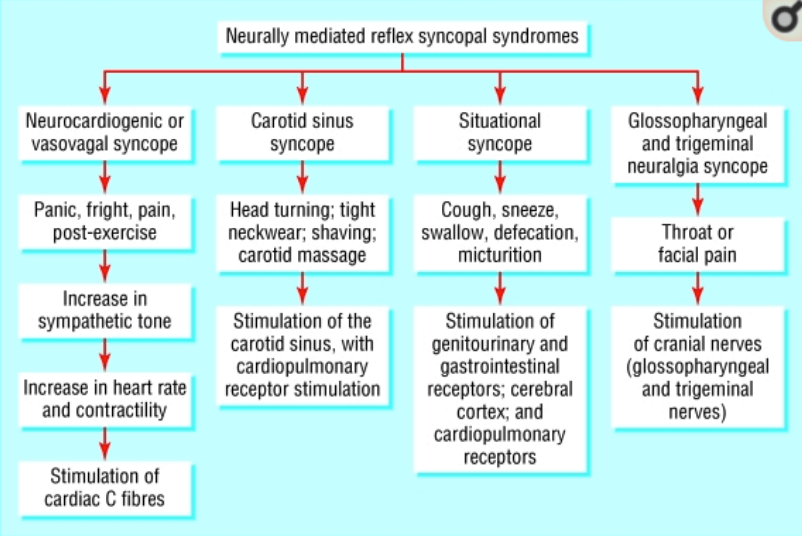What is Syncope?
Syncope is defined as a temporary loss of consciousness related to a reduction in perfusion to the brain. Syncope may be considered a common medical problem with approx 3-5% of all hospital presentations related to the syncopal event.1
Syncope may be attributed to a number of different causes that range from benign to life-threatening cardiac conditions. The total cost of undiagnosed syncope is considerable and patients may present several times per year (to GP’s/ ED’s) and can affect the quality of life for patients with frequent episodes.
The impact of syncope on patients and the healthcare system
A detailed history to uncover the presence or absence of any prodrome, activities undertaken at the time of the syncopal event and identifying important cardiac causes can be a vital key to determining between benign or significant cardiac syncope.
What are the causes of syncope?
The causes of syncope can be divided into:
- Structural heart diseases (Aortic stenosis, pulmonary stenosis, HOCM, pulmonary embolus etc)
- Arrhythmias (bradycardias, tachyarrhythmias, channelopathies, Brigada’s, long QT syndrome)
- Neurally mediated (vasovagal, situational, carotid sinus syncope)
- Postural/ orthostatic hypotension (medication-induced, sudden changes in posture, volume depletion)
Metabolic causes include:
- Hypoglycaemia
- Hyperventilation
- Hypoxia
Psychiatric causes include:
- Fright
- Panic
- Somatisation disorders
- Hysteria
Neurological causes include:
- Epilepsy/seizure disorders
- Transient Ischaemic attacks
- Other neurological disorders such as intracranial bleeding2.
Neurally mediated syncope- may be more common in children and young adults. This syndrome may include carotid sinus syndrome, situational syncope and neurocardiogenic (or vasovagal syncope).
This may be characterized by a systemic episode of hypotension that cab present with very slow heart rates and systemic vasodilation. The mechanism of this type of syncope is complex and is thought to involve reflex mediated alterations to heart rate and vascular tone.
Neurocardiogenic syncope may present similarly to other forms of syncope, such as a temporising loss of consciousness but may also present with a prodrome such (but not limited to):
- Nausea
- Sweating
- Lightheadedness
- Visual disturbances
- Palpitations
- Pallor

While screening tests conducted through hospitals will determine many of the causes for syncope, 34% of cases remain unknown in their cause. Electrophysiologist, Dr John Meulet explains further in the below video:
Learn about the red flags of syncope here.
Patient Disclaimer: All content on the Hope For Hearts site is created and published online for general information purposes only. It is not intended to be a substitute for professional medical advice and should not be relied on as health or personal advice. Please see your doctor if you have any questions or concerns.
